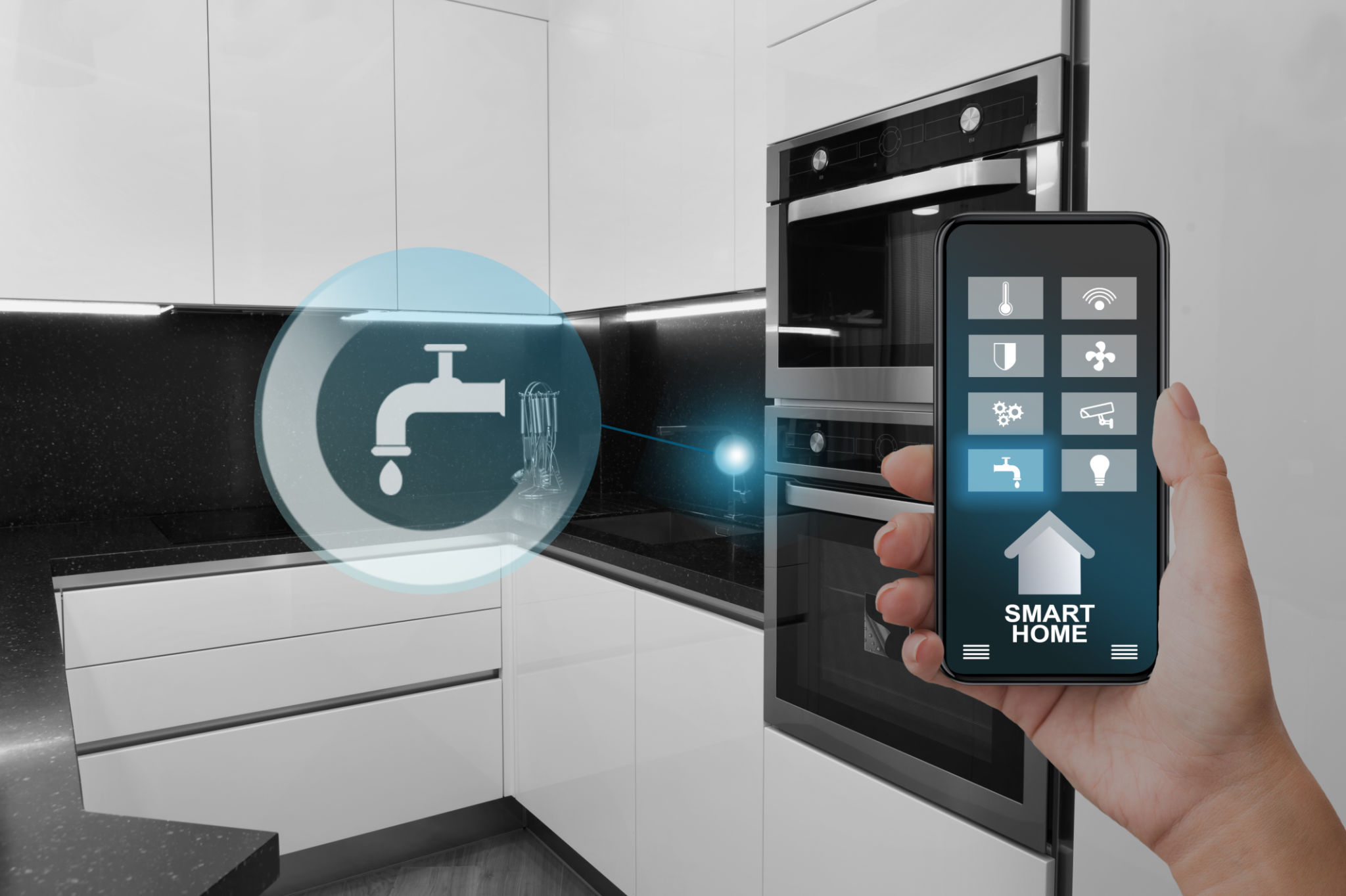How Smart Home Water Systems Enhance Your Household Efficiency
Introduction to Smart Home Water Systems
In an era where technology continually reshapes our daily lives, smart home water systems are emerging as a key player in enhancing household efficiency. These advanced systems not only help in conserving water but also ensure that your home runs smoothly by integrating with other smart devices. With growing concerns over environmental sustainability and resource management, investing in a smart water system is becoming increasingly popular.
Understanding Smart Water System Components
At the core of a smart home water system are several components designed to work together seamlessly. These typically include smart water meters, leak detectors, and automated shut-off valves. Each component serves a unique function, contributing to the overall efficiency of your home. For instance, smart water meters provide real-time data on water usage, helping homeowners track consumption patterns and identify areas for improvement.

Leak Detection and Prevention
One of the most significant advantages of smart water systems is their ability to detect leaks early. Water leaks can lead to extensive damage if not addressed promptly, but with smart detectors, you can receive instant alerts on your smartphone. This early warning system allows you to take swift action, preventing costly repairs and conserving water.
Moreover, some advanced systems are equipped with automated shut-off valves that can stop the water supply as soon as a leak is detected. This feature is particularly beneficial for homeowners who travel frequently or have multiple properties to manage.
Optimizing Water Usage
Smart home water systems also contribute significantly to optimizing water usage. By providing detailed insights into your daily consumption, these systems empower you to make informed decisions about your water use. You can set consumption goals, adjust habits, and even receive suggestions for reducing wastage.

Integration with Other Smart Devices
Another noteworthy feature of smart water systems is their ability to integrate with other smart home devices. This integration allows for a cohesive ecosystem where all devices communicate effectively to enhance household efficiency. For example, you can connect your smart water system with a smart thermostat or irrigation system to optimize energy and resource usage throughout your home.
The convenience offered by this integration cannot be overstated. Imagine receiving a notification on your phone about a potential leak while you're adjusting your home's temperature or monitoring your garden's watering schedule—all from a single app.
Long-Term Benefits and Cost Savings
Investing in a smart home water system can lead to substantial long-term benefits and cost savings. By preventing leaks and optimizing usage, these systems can significantly reduce your water bills over time. Additionally, they contribute to sustainability efforts by minimizing waste and promoting responsible consumption.

Furthermore, having a smart water system can increase the value of your property. Homebuyers are increasingly looking for properties equipped with modern technology that offers convenience and efficiency, making such investments attractive in today's market.
Conclusion
Smart home water systems are revolutionizing the way we manage water resources in our homes. By providing unprecedented control over consumption, early leak detection, and seamless integration with other devices, these systems enhance household efficiency while promoting sustainability. As technology continues to advance, adopting smart solutions like these will become essential for homeowners aiming for an efficient and environmentally conscious lifestyle.
